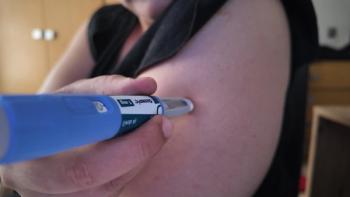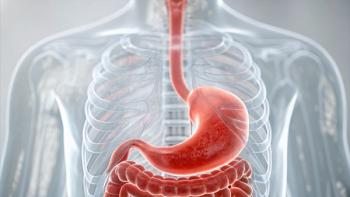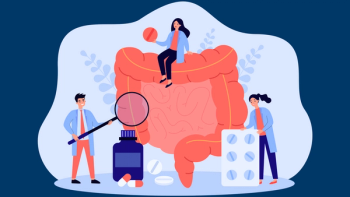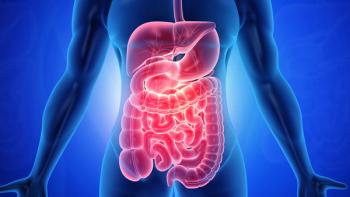
Study Examines Cost, Efficacy of Group Acupuncture for Patients With Breast Cancer
Short-term group acupuncture is valuable and cost-effective for patients with breast cancer, though it may not be the first form of therapy that comes to mind when trying to manage cancer pain.
Short-term group acupuncture is valuable and cost-effective for patients with breast cancer, though it may not be the first form of therapy that comes to mind when trying to manage cancer pain. These findings were presented June 16 at the 8th Biennial Cancer Survivorship Research Conference, a meeting of researchers, clinicians, cancer survivors and advocates in Washington, DC.
A team from Levine Cancer Institute in Charlotte, North Carolina, looked at whether or not group acupuncture had an effect on cancer-related symptoms in patients with breast cancer. The self-reported symptoms included pain, neuropathy, hot flashes, anxiety, sleep problems and fatigue.
“What we’re seeing is a great improvement in hot flashes, women who get more sleep and have smoother sleep cycles,” said Susan Yaguda, RN, MS, the lead author on the study.
While group acupuncture allows more patients to be seen at one time and keeps costs down, Yaguda said it remains to be seen if the most unique aspect of the study—being in a group—has an effect on efficacy of acupuncture treatment.
In the group setting, 6 to 7 patients can be seen by a licensed acupuncturist at a time in a quiet, enclosed room. Those patients were then treated in 15-minute increments.
Of the 71 patients who received at least four acupuncture treatments in six weeks, there were significant improvements in symptoms after only three treatments in sleep, hot flashes, anxiety and fatigue. There was no major improvement in pain or neuropathy.
Thirty patients were given 8 treatments within a 12-week period, and there were no significant improvements between sessions 1 and 8. The authors of the study did note that two grade 1 bruises were reported by patients.
“If we can catch patients particularly just as they’re starting to develop neuropathy, sometimes we can treat them and help prevent it from becoming more of a chronic condition,” Yaguda explained. Symptoms and overall satisfaction were measured through surveys taken by the patients. They were each given a satisfaction survey at the conclusion of their first group appointment; then, prior to every treatment, patients filled out a symptom questionnaire where symptoms were rated on a scale of 1 to 10.
One of the biggest benefits pointed out by Yaguda was cost-effectiveness. In many institutions acupuncture is an out-of-pocket expense for patients. However, Yaguda said, the out-of-pocket cost was cut in half at the Levine Cancer Institute by performing it in groups.
Yaguda said so far, patients are finding the experience to be beneficial.
“I love seeing a patient who is sort of a skeptic at first, and they’re sort of like, ‘My wife made me come’ or ‘My friend said this,’ and I don’t think it’s going to work,” said Yaguda. “Then they come back next week for another appointment and they are just amazed. They’ve slept better, they’re able to do some things with their hands or walk more readily than they had before. It’s transforming.”
Newsletter
Knowledge is power. Don’t miss the most recent breakthroughs in cancer care.






























































































